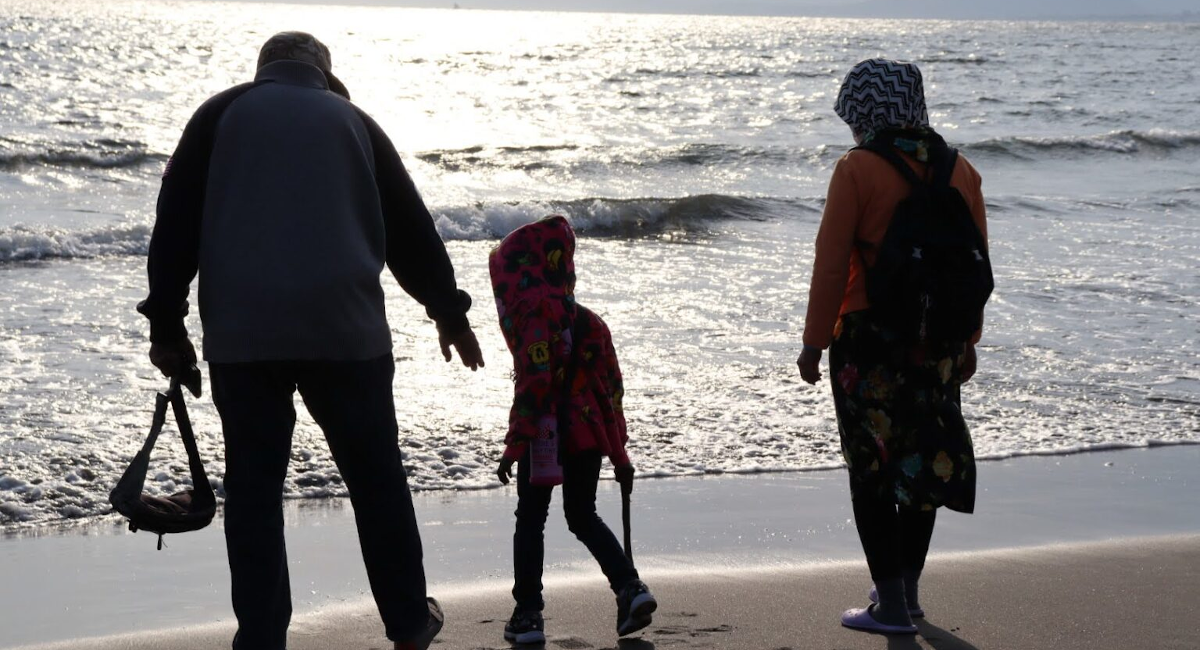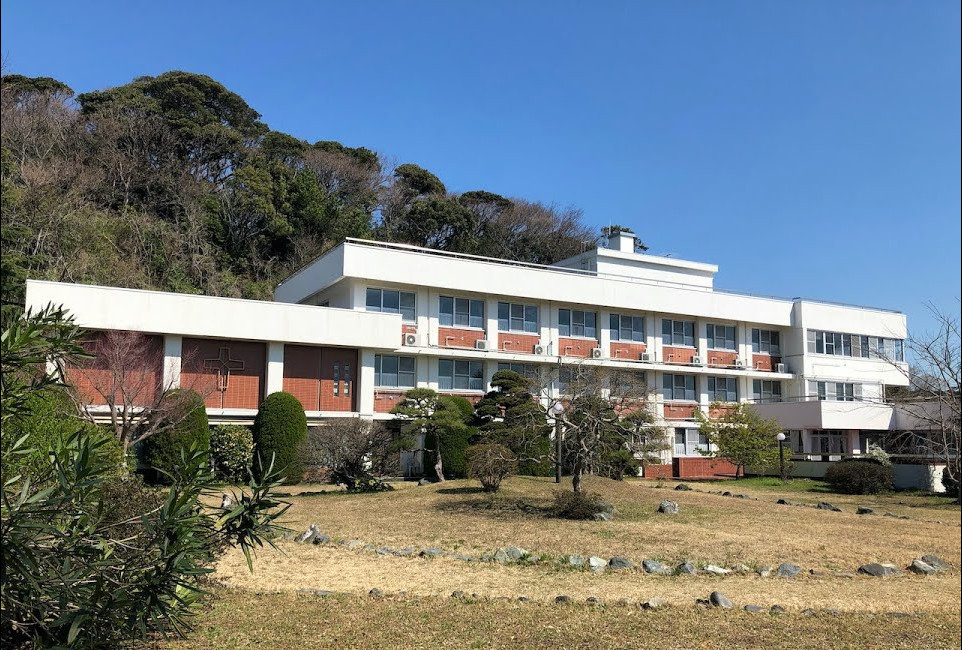
A 58-year-old Congolese lady said in between sobs: “No money, no job. How can I survive?” She escaped from civil war and persecution in her country and arrived in Japan in 2008. She applied three times for refugee status but was denied. Eventually, she was caught and detained by immigration in February 2018, but was granted provisional release in January this year. Without legal status and forbidden to work, she found refuge in the new Arrupe Refugee Center.
The Arrupe Refugee Center in Kamakura was originally a retreat house of the Japanese Jesuit Province, but was closed down because of the scarcity of Jesuits to run the facility. The Jesuit Social Center Migrants Desk wanted to use it for refugee activities, but was hindered by the lack of support networks and the high cost of operating a refugee centre. It was at this time that the director of programmes for refugees of the Tokyo Archdiocese, Mr Arikawa Kenji, came asking for information about the place. The fruit of the partnership is the Arrupe Refugee Center, which is considered as the only one catering to refugees all over Japan.
The center was opened in March this year, and has sheltered about two dozen refugees. By April, only six refugees have remained. Living together as a family, they have private rooms and eat three times a day. Despite their provisional release, they are not allowed to leave the prefecture without a permit from immigration. They carry with them the stress they experienced while in detention aware of the possibility that they could be sent back any time.
As the centre’s director, Mr Arikawa, explains: “The traumas acquired from immigration jails are immense and most people remain mentally sick. This provisional release system is inhuman. Due to the coronavirus pandemic, immigration is forced to increase provisional release cases. From February to March, 64 foreign inmates and employees got infected with the coronavirus, and several jails are in crisis.”
The latest official figures have not been released, but it is believed that, as of December 2020, about 10,000 foreigners are being kept in detention cells. This fact and the conditions by which provisional release are given, namely the prohibition to work that cuts their means to survive, the impossibility of health insurance, and dependency on supporters that provide no stability violate the human dignity of foreigners and the International Convention of Human Rights, to which Japan is a cosignatory.
There were official attempts to modify the Immigration Law at the beginning of this year, but was eventually dropped by the Diet amid criticism from civil society groups and non-government organisations. The draft revisions to the bill would introduce changes that would make it easier to deport unsuccessful asylum seekers by setting limits to the number of times they can apply for refugee status. Under the current law, immigrants are allowed to apply for refugee status as many times as they want without the risk of deportation while their application or appeal is in process.
The Arrupe Refugee Center hopes not only to provide a temporary home for the refugees, but also to raise public awareness of the refugee issue in Japan, starting from the grassroots and growing upwards.








